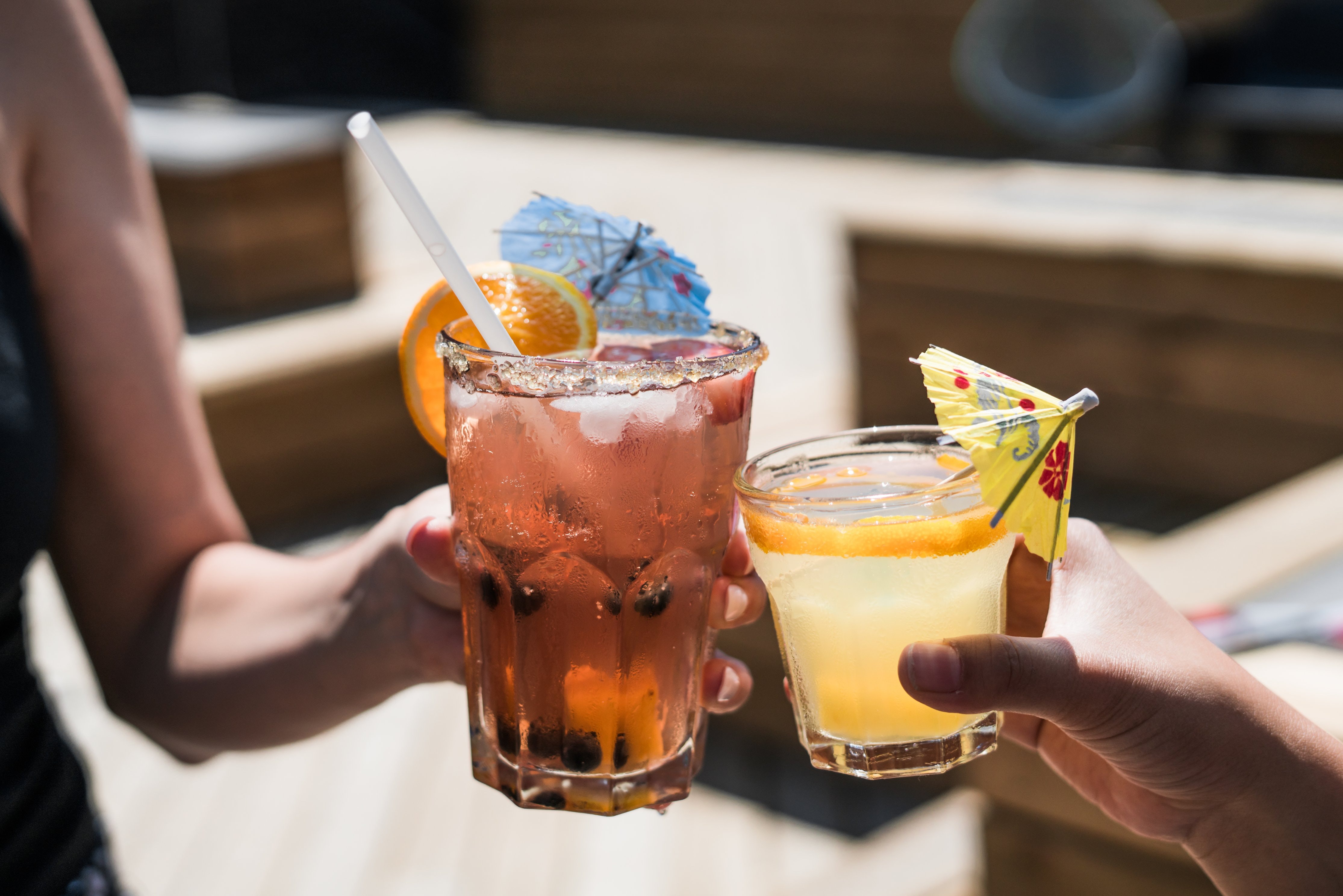“If your drinking has ever caused you a problem, then you technically have a drinking problem.”
Think about that for a moment. It wasn’t until I said this aloud to a friend of mine that I realized I had a problem. It was these words that made me think, “Holy shit. I am not above this. It’s a real issue.” Coming to this realization was the beginning of my healing process.
Since the age of seventeen, I had struggled with drinking and had never realized it was a problem. I would never “crave” alcohol, but whenever I had a drink, I couldn’t stop at just one. I never understood my limits. People ask how much alcohol does it take to get drunk? The answer is simple – the first drink.
As drinking is no self-esteeming act, it only worsened my depression and made me a less happy and productive human being that I strive to be. Years had gone by where my less than questionable decisions with drinking had affected interpersonal relationships, mental well-being, and even job performance.
“As drinking is no self-esteeming act, it only worsened my depression and made me a less happy and productive human being that I strive to be.”
There’s such a stigma that goes with terms like ‘alcoholism’ or ‘alcohol dependency’. I always pictured sad people slumped in their chairs, reluctantly sitting around in an AA meeting chanting in unison ‘Nice to meet you, Margaret’. It had been this depressing and unappealing image in mind; that was until I was able to view it from a more spiritual standpoint.
I recently asked my therapist, “How do people just quit?” “What if my friend comes over with a bottle of wine?” “What do I do in this situation?” She explained to me that it’s a conscious day-to-day decision. A connection to your spirituality and inner-self. Your problem doesn’t need to get to the point of ruined relationships, an arrest, DUI, or worse. When you’re able to confront the truth, it starts getting better.
There was a sense of relief in coming to terms with my problem and being able to let it go for good. This is when I learned that alcohol does not serve me, and I highly doubt it ever really will. If you’ve found yourself in a similar situation, here’s what I recommend.
Talk about it
With full transparency. Reach out to family, friends, or even a professional. Initially talking to a therapist about my problems with alcohol truly helped me on the road to realization and recovery. Explaining your history with alcohol to someone else forces you to face the facts. Know you’re not alone in this and lean on your support system. You need it.
Write out your ‘drinking history’
Start with your first experience of alcohol. Address who you were with, what the circumstances were, and how you felt about drinking. Continue this timeline, noting the dates and locations of these interactions and see if you notice any similarities or habits that formed over time. Write it all out and most importantly, keep track of how it makes you feel. Doing this exercise helped me understand the root of my own problem.
Make note of how you feel
AKA be aware of your drinking. How do you feel when someone asks if you want a drink? How do you feel after that first sip? And how do you feel the next day? Did you end up where you had hoped you wouldn’t? It is the tough questions needing to be faced when coming to terms with your problem. Tequila shots with friends the night before your 8 am shift isn’t doing you any favors. Have you imagined how great you’ll feel tomorrow without a drink tonight?
Be honest with yourself
Even if nobody else confronts you about a problem. You probably already have a nagging feeling there is one. Human nature tells us its ok to let ourselves off the hook when it comes to our shortcomings. Don’t allow this to happen to you and your drinking problem. Reference back to that drinking timeline you wrote out. Don’t allow the cycle of drinking to dictate your life.
Attend a meeting
Many of the people at AA meetings don’t even talk about drinking anymore. They talk about life. Surround yourself with people who have similar goals as you and actually want to recover. You can learn a lot about your own issues through the lens of others going through the same thing. It also gives you a greater perspective and can make you appreciate your own circumstances more thank you thought possible. If anything else, you have a built-in support system.
Be kind to yourself
It’s so easy to fall into a pit of despair when it comes to the guilt, shame, and regret that seems to be alcohol’s best friend. This tumultuous relationship with alcohol can takes forever to escape from. You’re only human. And while this isn’t an excuse for every poor decision you’ve made, you do need to learn to forgive yourself for the past and make intentional choices to move forward every day.
Hold yourself accountable
At the end of the day, only you can be the one making the conscious choice to better yourself. Even with the best resources, you have to stand on your own two feet. Be proactive because you can’t afford anything less than that.
Originally published at www.todaywithtara.com


